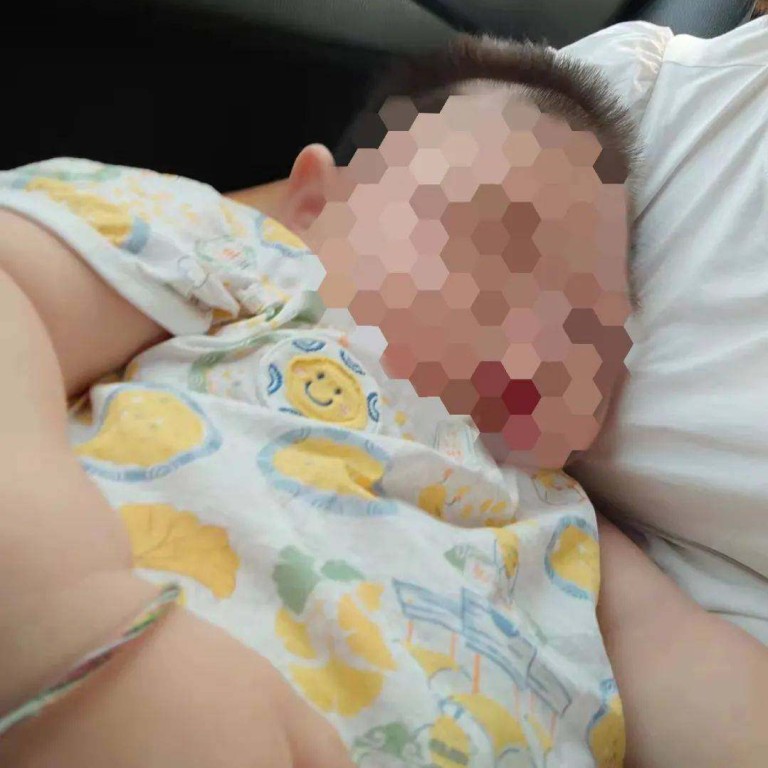
Chinese woman found guilty but receives no punishment for trafficking drugs to treat her son’s epilepsy
- The woman will not face any criminal punishment for importing an epilepsy drug
- But she does not want the guilty verdict on her record and plans to appeal
Prosecutors in China found a woman guilty of drug trafficking this week but dropped any punishment because she had sourced the illegal drugs to treat her 22-month-old son’s epilepsy.
However, the woman does not want the guilty verdict on her record and plans to appeal the conviction.
“I bought the medicine to save my son’s life,” she said, according to a Beijing Youth Daily report.

The drug the woman bought is called clobazam and is used to treat diseases that cause seizures. The drug is available in Canada, Australia and some European countries but it has not been approved in China.
In China, clobazam is designated as a tightly-controlled medication only to be used for people with severe mental disorders, which means it cannot be bought at chemists or hospitals.
The mother, surnamed Li, said her son was diagnosed with a rare type of epilepsy when he was three months old. Doctors said his epilepsy problem was difficult to treat through common drugs, the report said.
The child is unable to raise his head, much less recognise his parents or other people. Despite being over one metre in length, he can only drink milk and eat liquid foods.
According to the report, Li said she never considered giving up on treating her son because she said he tried hard to eat, indicating he was trying to survive.
The mother said clobazam had proven helpful in relieving her son’s symptoms and had diminished the severity of his epileptic episodes.
Li got in trouble when she entered an arrangement to source the drug through the black market with the help of a man she met via a chat group for parents with epileptic children. The seller was a father whose child also has epilepsy.
Li agreed in June to pick up a clobazam package arriving from Italy and send some of the pills to three other mothers whose children have epilepsy.
In September, she was detained by police who questioned her about the arrangement and was freed after paying 3,000 yuan (US$470) in bail.
In early November, she received a notice from the county’s prosecution office that informed her that her action had constituted the “crime of smuggling, transporting and trading drugs” but there would be no penalty.
With a plan to appeal, the woman said what she is most worried about is that she cannot buy the drug clobazam from anywhere else.
“The remaining drugs can only last for two more weeks. I don’t know how long my baby will live without clobazam,” Li said.


